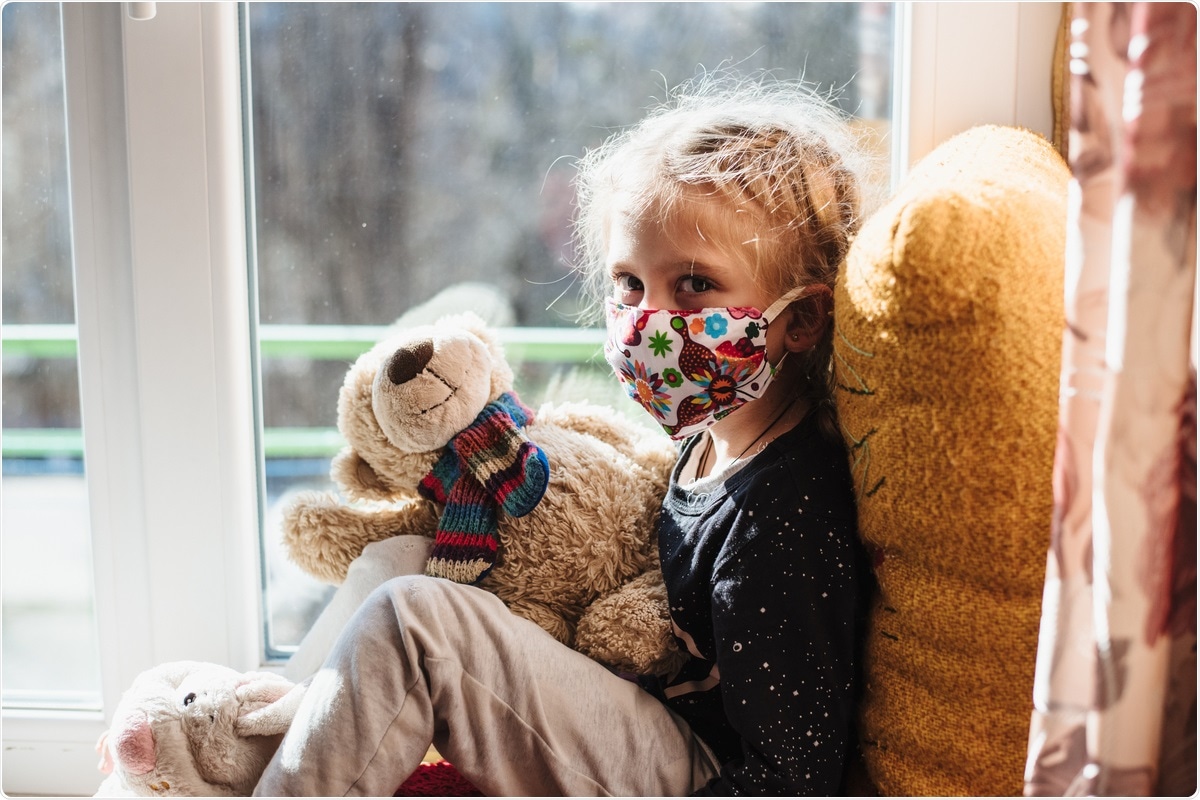Coronavirus: COVID-19 Sequelaes to the Children

The COVID-19 epidemic in the United States continues to spread, and now more children have been infected. The New York Times reported on the 8th that children who contracted the new coronavirus had long-term “sequelae of physical, psychological and neurological symptoms.”
According to data from the American Academy of Pediatrics, there are currently about 4.2 million children in the United States who have been infected with new coronary pneumonia. Boston Children’s Hospital is currently studying long-term symptoms and found that symptoms include
fatigue, headaches, brain fog, memory and concentration problems, sleep disturbance, smell and Constant changes in taste, etc.
- COVID-19 Vaccine By Oxford University Will Begin Human Body Trials On Thursday (2020/04/21)
- New Mutating of Coronaviurs May Affect COVID-19 Vaccine Research and Development
- Breakings News of Coronavirus at Apr 4, 2020
- Mask-Wearing Policies Added to San Diego County’s Public Health Order
- Fighting Against COVID-19 is A Life Long War
At present, many children are still struggling to combat long-term neurological, physical or psychological problems after being infected. Experts call this “Long Covid” (Long Covid). The severity and duration of symptoms vary from person to person. Studies have shown that about 10% to 30% of adults will have “long-term symptoms of new coronary pneumonia”, but research data on the proportion of children with symptoms are different.
At a congressional hearing in April, the President of the National Institutes of Health (NIH), Francis Collins, pointed out that “about 11% to 15% of young people infected with the disease may have “long-term symptoms of new coronary pneumonia.” It may be very detrimental to school performance.” Due to the highly contagious Delta virus strain and the fact that more than half of children aged 12 to 17 have not yet been vaccinated, and children under 12 years of age are still not eligible for vaccination, young patients are facing challenges.
The doctor warned that even children who were asymptomatic or mildly symptomatic may have “long-term symptoms of new coronary pneumonia,” which may disrupt learning, sleep, extracurricular activities, and other aspects of life. Avindra Nath, director of the National Institute of Neurological Diseases and Stroke in the United States, said that “the potential impact is huge. Once children are growing up, it will be very difficult to keep up, and they will also lose self-confidence. This is a negative cycle.”
Conclusion:
We must admit that the COVID-19 epidemic is real. This is not a fabricated lie, because the entire world is surrounded by the coronavirus. We must show courage to face the virus and epidemic, and we must be brave to protect our families and children.
Freedom is not a vaccine, it is not a quick-acting medicine, it cannot eliminate the virus, and it cannot stop the spread of the virus. The only thing we can do is to adhere to virus protection measures.
